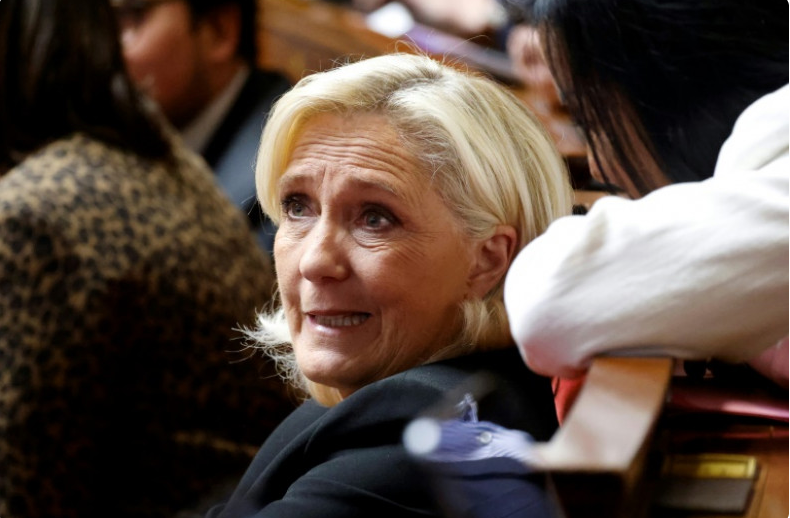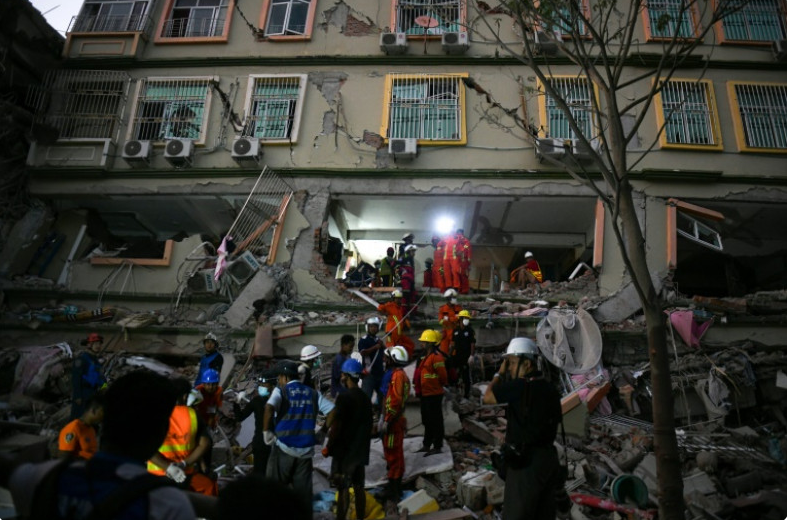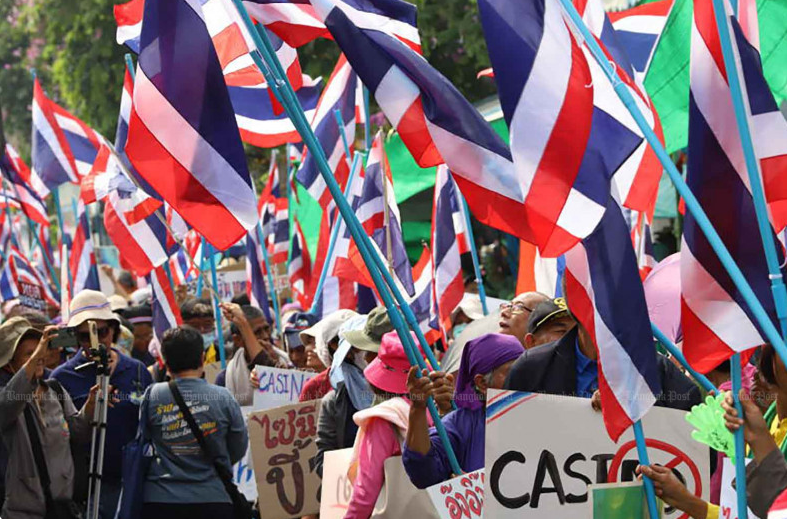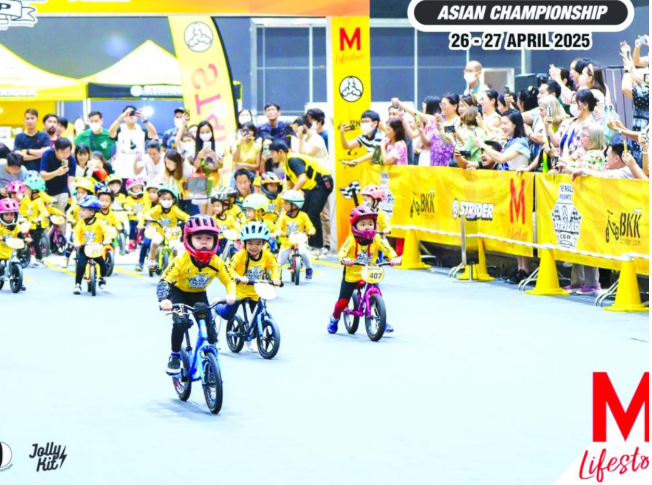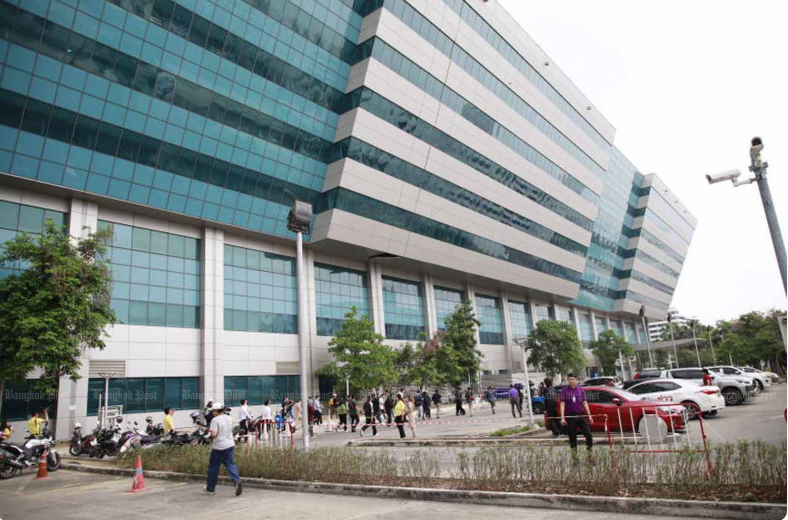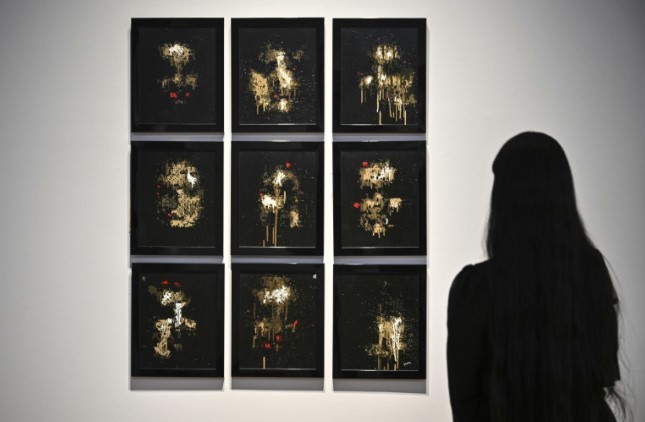Hits… and lots of misses in Christie’s first AI art auction
NEW YORK — Christie’s inaugural auction of work produced by artificial intelligence (AI) closed Wednesday with mixed results, offering scant insight into the future of the new and controversial medium.
Fourteen of the 34 lots offered for sale during the 14-day online auction attracted no qualifying bids, or were sold for prices less than the minimum established by Christie’s.
One did sell for more than expected — an animation by the prominent digital artist Refik Anadol, Machine Hallucinations – ISS Dreams – A, which brought the top price of $277,200 (9.3 million baht).
But an American artist’s Pindar Van Arman genetic portrait, presented as another highlight of the auction, received no qualifying bids.
A piece by the late American artist Charles Csuri, an early proponent of “computer art,” sold for $50,400, just below the bottom of a price range given by the auction house.
According to Christie’s, auction sales amounted to $728,784 in total.
For Nicole Sales Giles, Christies director of digital art, the results of the auction confirm collectors appreciate the influence and significance of the artists whose work it was.
“There was a missed opportunity to have a better selection of works that are more representative of new media and AI,” said Steven Sacks, founder of the New York gallery bitforms, which is devoted to showing digital art and has done so since 2001.
“The larger dialogue is – should it be at auction yet?”
Sacks thought more time was still needed to educate people about the medium and for artists to gain credibility and exposure.
A group of artists had also started a petition calling on Christie’s to cancel the sale.
The 6,490 or so signers argued that some pieces had been generated with the assistance of A.I. models “known to have engaged in infringing conduct by making unauthorized use of works protected by intellectual property law.”
For them, turning a profit from AI-generated art means capitalizing on “massive theft of works by human artists.”
In 2023, a number artists sued generative AI start-ups, including popular platforms like Midjourney and Stability AI, arguing that the software models were “trained” on human-made works to which the creators had no rights.
Mere months after Christie’s held an auction dedicated to A.I.-created works, though Christie’s and its chief rival Sotheby’s have previously sold A.I.-produced works at auction, it was the former’s first wholly dedicated to works conceived in the new technology.
Then in 2018, a painting both created and conceived solely by an algorithm, commissioned by the French collective Obvious, sold for $432,500, including fees and commissions, surprising many in the art world.
And in 2022, an animated piece by Refik Anadol sold at Christie’s for $1.38 million.

